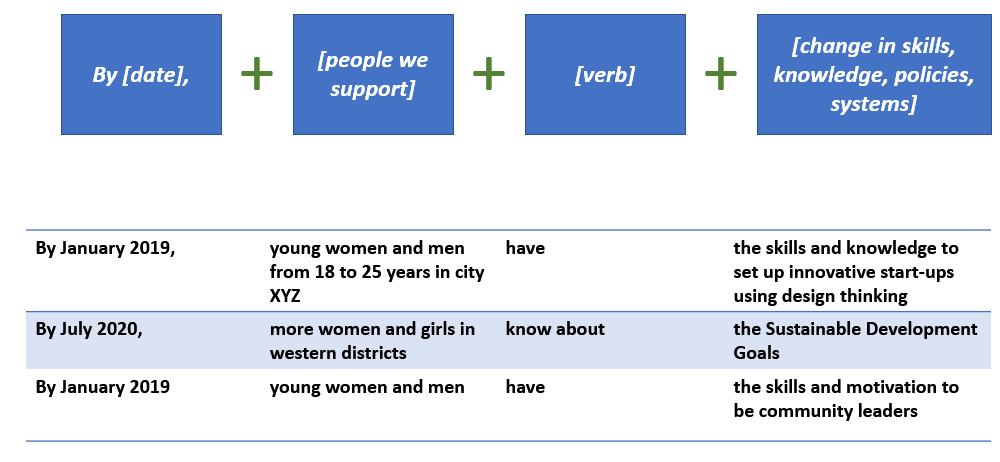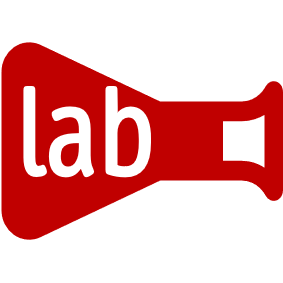
Outputs are arguably not the most important level of the results chain. It is outcomes that should be the focus of a good plan. Ultimately, that´s what counts.
However, outputs still matter.
Just to be clear: Simply put, outputs refer to changes in skills or abilities, or the availability of new products and services. In plain language: Outputs are what we plan to do to achieve a result.
Ok, let’s be a bit more precise: Outputs usually refer to a group of people or an organisation that has improved capacities, abilities, skills, knowledge, systems or policies. Or if something is built, created or repaired as a direct result of the support provided.
That’s a definition we can work with.
Language is important
When describing what you do, focus on the change, not the process. Language matters.
Don’t say: ‘Local organisations will support young women and men in becoming community leaders.’ This emphasises the process rather than the change.
Instead, emphasis what will be different as a result of your support. Say: ‘Young women and men have the skills and motivation to be community leaders’.
Make it time-bound
Organisations typically do not provide support indefinitely. You usually expect to wrap up what you do at a certain time. It is helpful to show that your activities are carried out within a certain time frame. So it’s always helpful to include in the formulation for example ‘By January 2019, …’.
A formula for describing what you do
To ensure that you accurately describe what you do, use the following formula:

